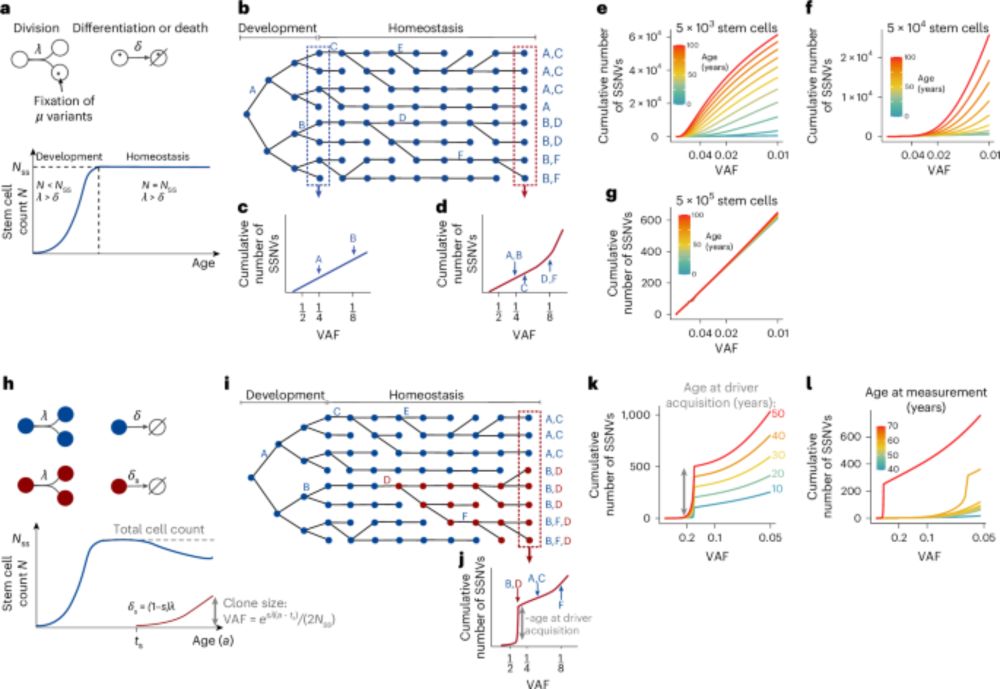
www.imm.ox.ac.uk
#StemCells #CancerResearch #SystemsBiology #MathematicalModelling #Bioinformatics #NatureGenetics #MRCWIMM

#StemCells #CancerResearch #SystemsBiology #MathematicalModelling #Bioinformatics #NatureGenetics #MRCWIMM
- How fast do human stem and progenitor cells divide and differentiate?
- When in life do tissues malignantly transform and how fast do malignant clones expand?
- How are normal and malignant division and differentiation decisions molecularly regulated?
- How fast do human stem and progenitor cells divide and differentiate?
- When in life do tissues malignantly transform and how fast do malignant clones expand?
- How are normal and malignant division and differentiation decisions molecularly regulated?

